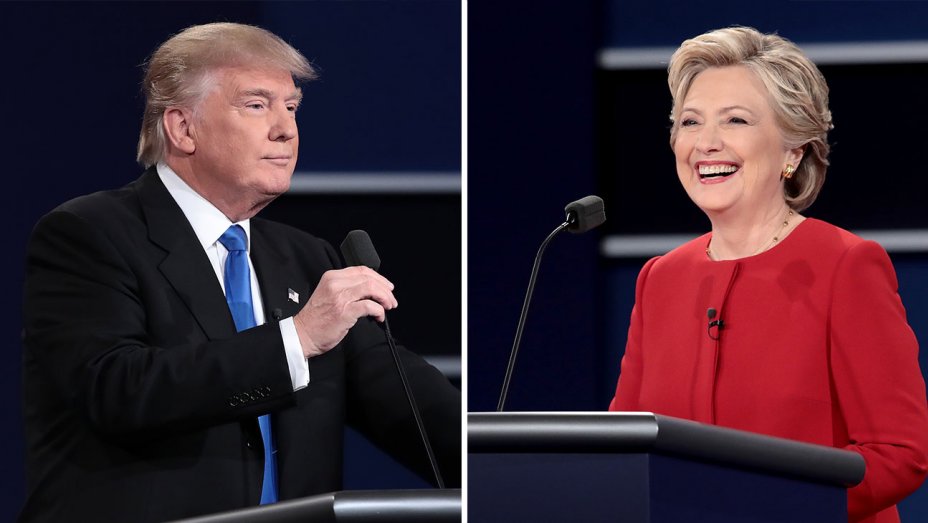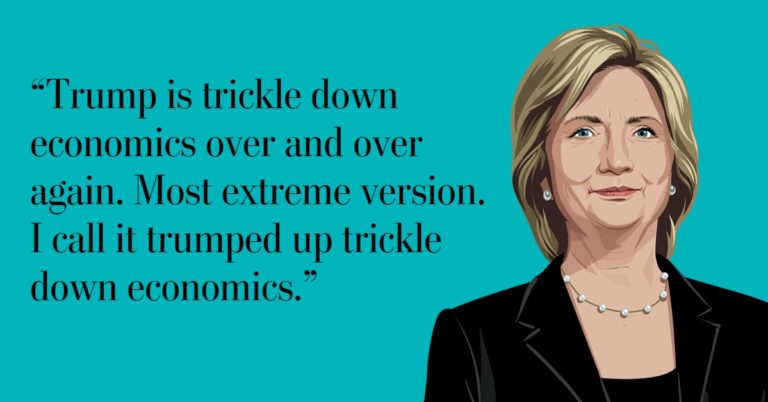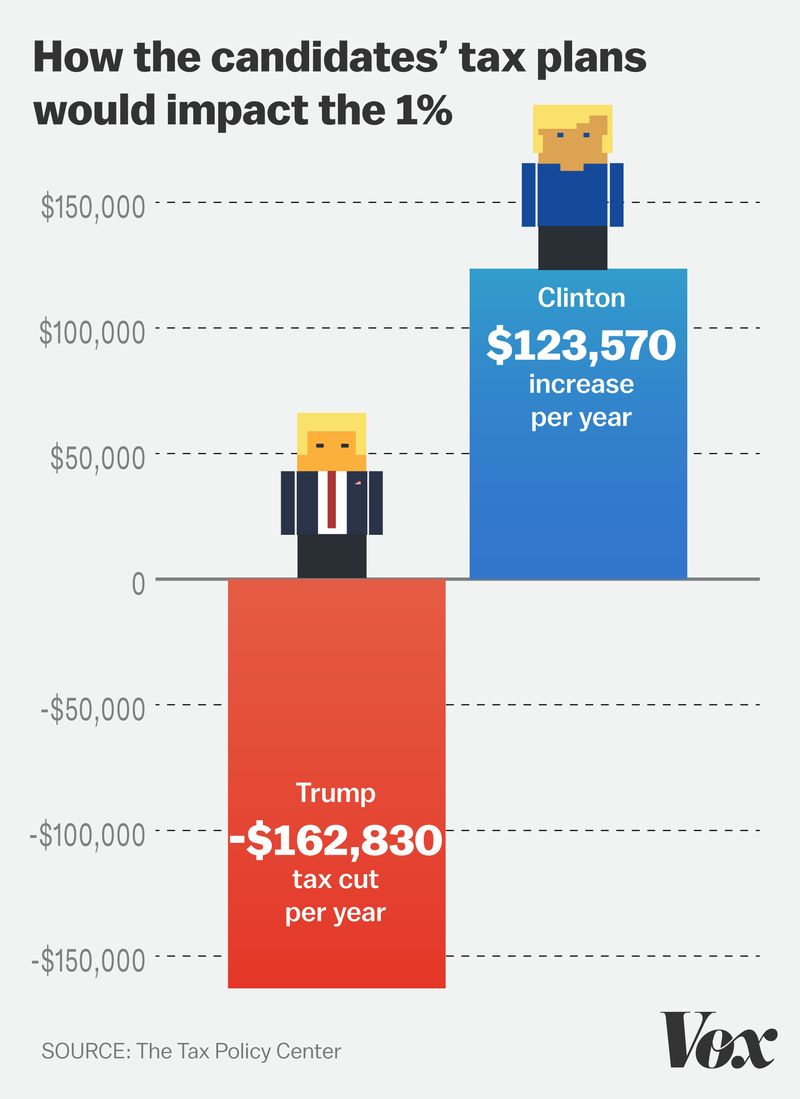Hillary Clinton may be a part of the so-called ‘establishment,’ and a ‘Washington insider,’ but in the world of campaigning, her messaging and marketing strategies make her seem like an outsider. Although catchy, “I’m With Her,” “Breaking Down Barriers,” and “Stronger Together” lack the clear, consistent, and concise message of, “Make America Great Again,” that attract much of Trump’s white working and lower-middle-class base. However, Clinton’s messaging was polished and precise at the first Presidential Debate when she attacked Donald Trump’s financial record and economic plan for deceiving and exploiting the middle class. She may have trouble with her marketing strategy, but on debate night it was clear: Clinton believes Trump just wants to, “Make the Rich Richer.”
Trumped-Up Trickle Down
With all public communication, Clinton has trouble projecting ethos and her campaign’s changing message only makes it harder for voters to connect, especially voters late in the deciding process. However, during the Presidential Debate last Monday, Clinton combined her strengths in policy and her experience as a public servant to sling shots at Donald Trump in an appeal to the economic struggles and experiences of the middle class. In doing so, she also may have used one of her most powerful phrases yet: “trumped-up trickle-down.”
Middle Class Roots
The first question of the debate addressed the economy, an issue that draws many voters, both working and middle class, to support Trump. Clinton focuses on the middle class, highlighting policies and tax cuts that will assist the middle class. She compares them to Trump’s plan which she refers to as “trumped-up trickled-down.” She points out their differing economic views as being the result of both candidates’ upbringings. She comes from a middle-class family and Trump, from a more privileged background. She uses a personal story about her father, an effective strategy in political campaigning, to distinguish the two candidates. Clinton compares Trump, someone from a privileged and wealthy family who, “started his business with $14 million, borrowed from his father” to her father, “…a small-businessman who worked really hard.” This is effective because it joins Trump to his own trumped- up trickle-down economics which Trump does little to rebut.
Trump: A History of Deception
One of Clinton’s best moments in the debate was her attack on Trump’s tax returns and his exploitation of the economic crisis in the early 2000’s. Clinton pressed Donald Trump hard on his tax returns, pointing to past records which show he paid nothing. Trump replied, “That makes me smart.” She also uses a tactic consistently employed by the Clinton campaign: using Donald Trump’s own words against him. This time, she quotes him talking about the housing crisis back in 2006 saying, “Gee, I hope it does collapse because then I can go in and buy some and make some money.” Once again, Trump takes the bait saying, “That’s called business.” Clinton immediately pounces citing, “Nine million people- nine million people lost their jobs. Five million lost their homes. And $13 trillion in family wealth was wiped out.” Clinton is not only discrediting Donald Trump but she’s pulling at the strings of families who suffered during that time, many of whom are undecided, and many of whom originally backed Trump for his economic success.
So why was Clinton’s debate appeal to the middle-class effective? She brought real solutions to the table and consistently showed how Trump’s strongest appeal, his business record, takes advantage of disadvantaged middle-class families.
Post-Debate
Why is this significant? It’s one of the few issues from the debate still being discussed and one of the few issues that has gained traction since the debate. Yesterday the New York Times leaked pages from Donald Trump’s 1995 tax records revealing he declared a $916 million loss on his income tax returns. The NY Times and a hired team of tax experts weigh in that the deduction could have allowed him to dodge federal income taxes for a whopping 18 years. The new findings bring further skepticism on his ‘successful businessman’ image and bring further doubt on Trump’s ability to grow the economy and work for middle and working class families. As Clinton said in the debate, “If he’s paid zero, that means zero for troops, zero for vets, zero for schools or health.” Simply put, if he hasn’t upheld his civic duty to help these groups in the past, what evidence is there that he will in the future? From a marketing perspective, only time will tell if Clinton’s message will reach voters, but it is certainly causing problems for the Trump campaign.




I think you bring up really good points in this piece, especially in the section about Trump’s history of deception. It will be interesting to see if people view Trump more as a successful businessman or respond to Clinton’s discrediting of his economic success. I’d be interested in whether you think there’s better marketing strategies Clinton’s people could take to help amp up her current slogans to match Trump’s.